KATHMANDU: Fighting a decade long ‘People’s War’ for the revolutionary transformation of a feudal monarchy meant that the Maoists had to militarise Nepali society, including women and youth.
However, even after the Communist Party of Nepal-Maoist (CPN-M) was popularly elected to power, following the April elections to the constituent assembly, it seems reluctant to disband the paramilitary Youth Communist League (YCL).
Indeed Prime Minister Pushpa Kamal Dahal, who has been under pressure to dismantle the YCL, has instead applauded its contributions.
The CPN-M’s communist partner in the coalition government, the Nepal Communist Party-UML (United Marxist Leninist ) or NCP-UML, needed little prodding to launch its own clone, the Youth Force (YF).
Not to be left behind, all the leading political parties, that till recently had been berating the YCL for “taking the law into their own hands,” are now scrambling to form their own groups.
The leaders of the centrist Nepali Congress, which has long dominated Nepal’s democratic politics, may decry the YCL, but have been encouraging the formation of the Tarun Dasta out of its youth wing in the districts.
The result has been violent clashes among the various youth forces, but most especially between the YCL and the YF. In September traffic was disrupted on the major Dharan-Danuta highway for nearly a week and a curfew had to be imposed on Dankuta Bazzar to contain violence between the two forces over road tax collection.
Even the current agitation around efforts to regulate Nepal’s famous casinos has a turf war angle, with leaders of the YF saying they are competing for space with the dominant TCL cadres.
With tensions growing, on Nov 2, the two communist ruling partners constituted a high level coordination committee to iron out differences. A major item on the agenda is to look into the reasons for the clashes between the YCL and YF and how to prevent them.
But it is unlikely that there will be any rollback to establishing the youth organisations, going by the sporadic and contradictory statements made by political authorities about disbanding these forces that seem to be above the law.
YCL emerged as an ubiquitous force during the political uncertainty of the 2006-8 transition that brought the Maoists into the democratic mainstream and made Nepal a republic. It was created in Nov 2006 after the signing of the historic Comprehensive Peace Agreement which entailed confinement in cantonments of the Maoists’ Peoples Liberation Army (PLA).
But several PLA commanders and commissars were transferred to the YCL.
While Maoist minister Hsila Yami praised the YCL cadres for assisting her in implementing change against a status quo bureaucracy, the Kathmandu-centric media was full of YCL’s abuses such as kidnapping, intimidation and physical assault of opponents. The UN Office of the Commissioner for Human Rights (OCHR) in Nepal has lent its voice against YCL excesses. —Dawn/IPS News Service


















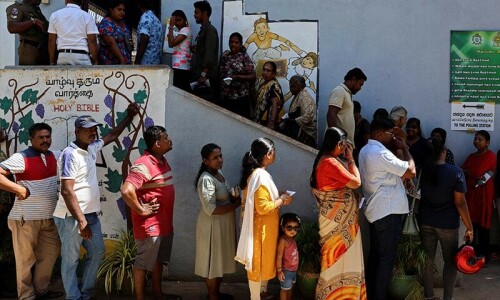



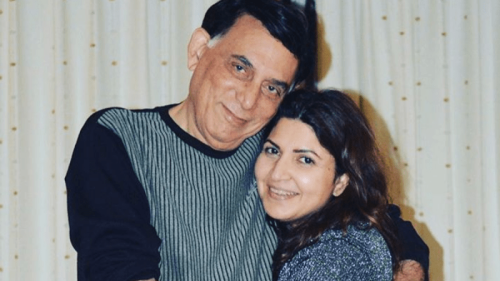
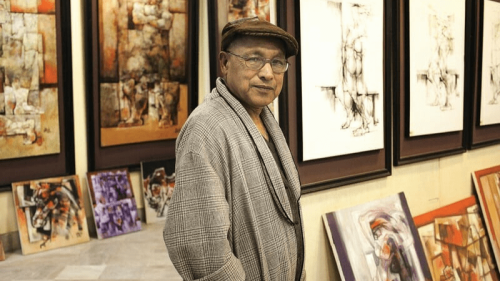
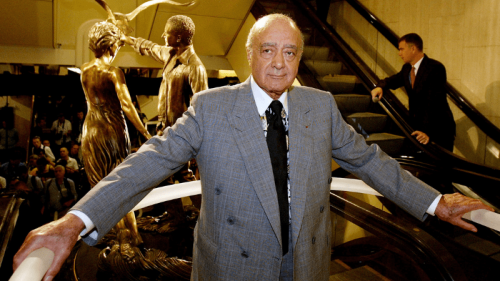









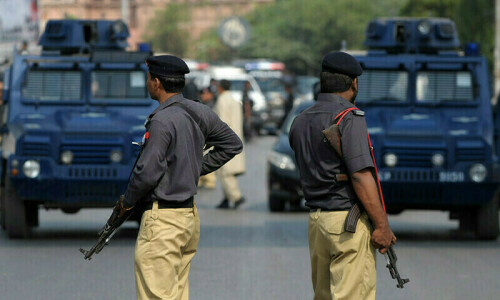









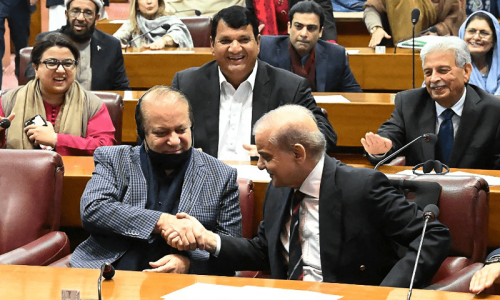
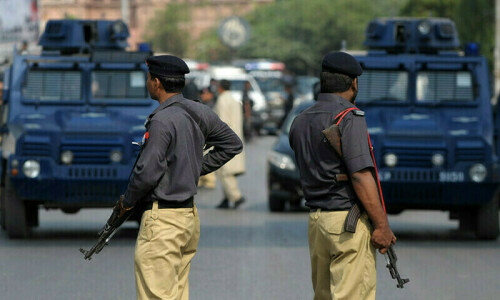


Dear visitor, the comments section is undergoing an overhaul and will return soon.